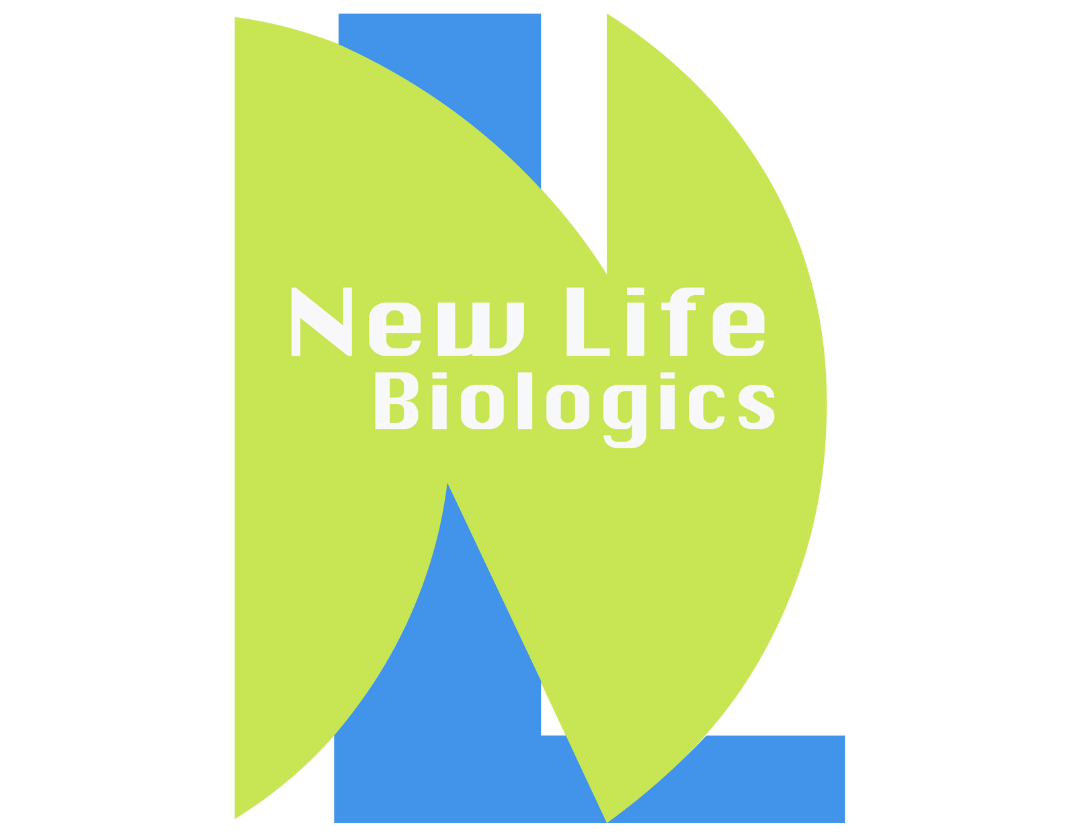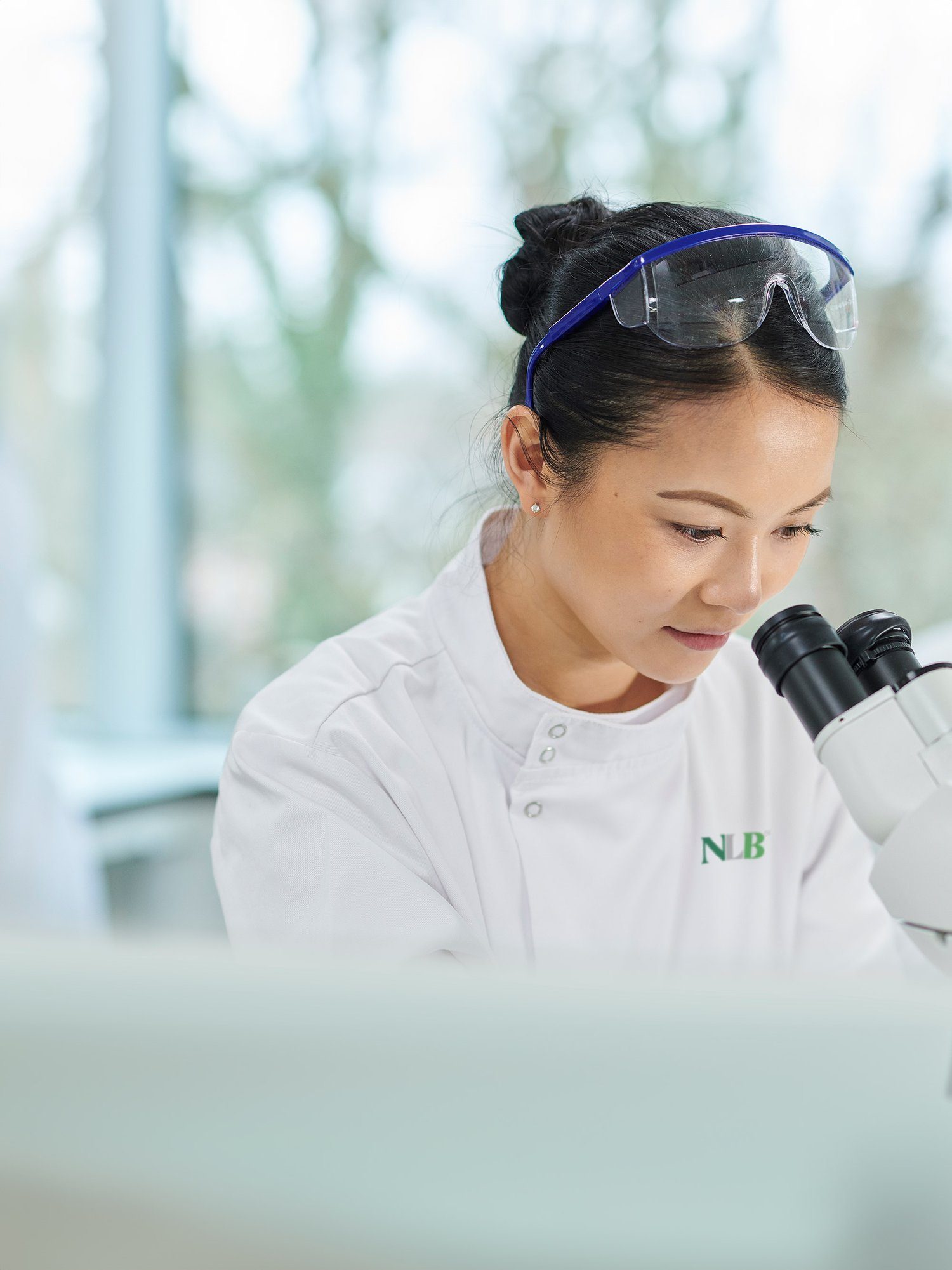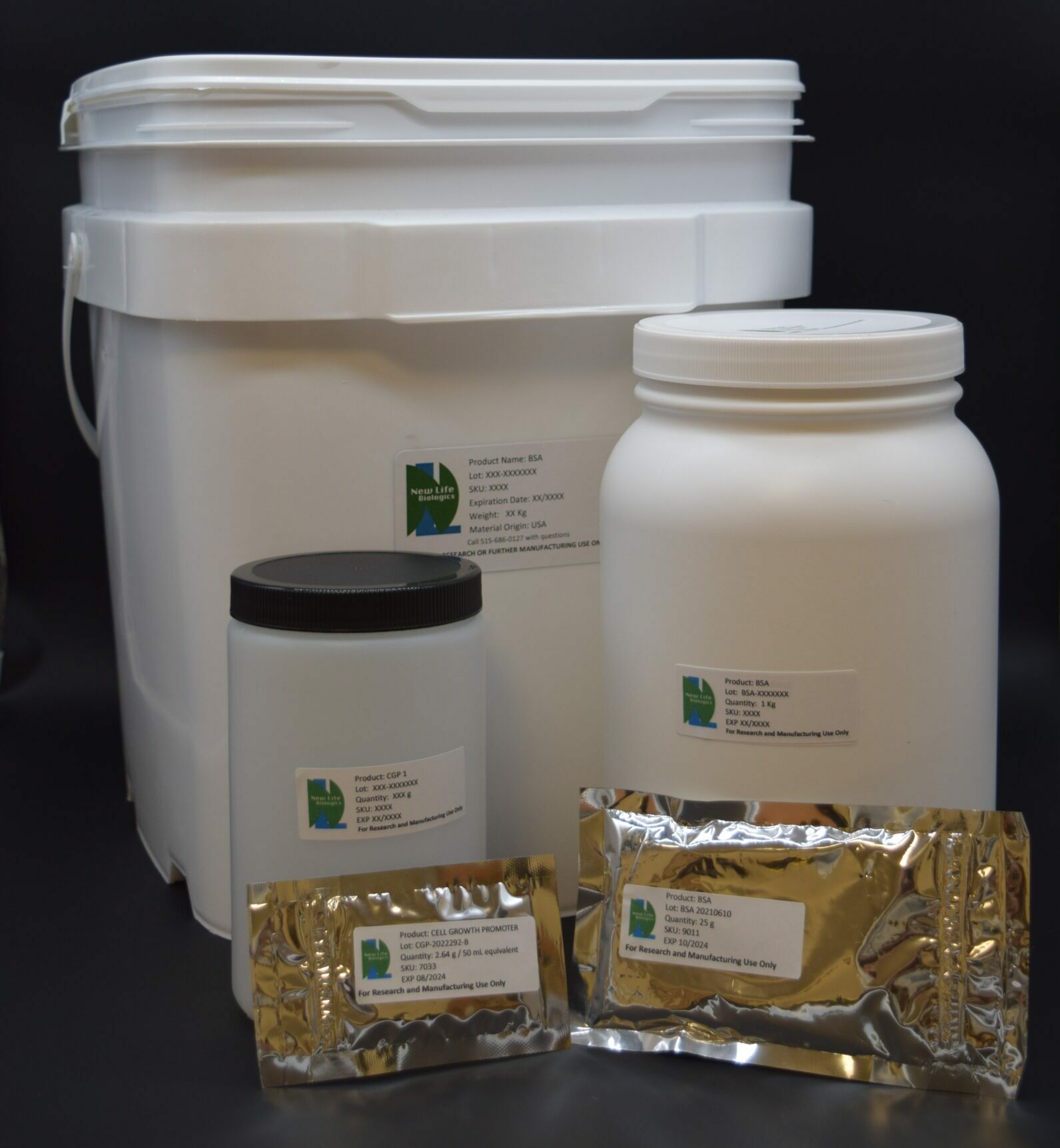Growth Factors for Cell Culture
What are Growth Factors
Growth factors are essential proteins that regulate various biological processes in cells, including proliferation, differentiation, survival, and migration. In the context of cell culture, they play a crucial role in providing the necessary signals for cells to grow, develop, and maintain their specific functions.
Types of Growth Factors
There are numerous growth factors, each with its unique function and target cell type. Some of the most commonly used growth factors in cell culture include:
Epidermal growth factor (EGF):
Stimulates the growth and proliferation of epithelial cells.
Fibroblast growth factor (FGF):
Promotes the growth and differentiation of various cell types, including fibroblasts, endothelial cells, and neurons.
Platelet-derived growth factor (PDGF):
Enhances the proliferation and migration of fibroblasts and other connective tissue cells.
Insulin-like growth factor (IGF):
Supports the growth and survival of many cell types.
Transforming growth factor-beta (TGF-β):
Regulates cell proliferation, differentiation, and extracellular matrix production.
Vascular endothelial growth factor (VEGF):
Stimulates the growth and differentiation of blood vessels.
Their Functions
Growth factors are essential for creating a supportive environment for cell culture. They provide the necessary signals for cells to:
- Proliferate: Increase in number.
- Differentiate: Develop into specialized cell types.
- Survive: Remain viable and functional.
- Migrate: Move to specific locations within the culture.
- Interact with the extracellular matrix: Adhere to and interact with the surrounding environment.
Sources of Growth Factors
Growth factors can be obtained from several sources:
Serum:
Fetal bovine serum (FBS) and other animal sera are common sources of growth factors. However, the composition and activity of growth factors in serum can vary, making it difficult to control and standardize.
Recombinant proteins:
Recombinant growth factors are produced in a laboratory setting using recombinant DNA technology. They offer more consistent quality, purity, and activity compared to serum-derived growth factors.
Considerations for Using Growth Factors in Cell Culture
When using growth factors in cell culture, it is important to consider the following factors:
Cell type:
Different cell types require different growth factors and concentrations.
Culture conditions:
Factors such as pH, temperature, and oxygen levels can influence the activity of growth factors.
Growth factor concentration:
The optimal concentration of a growth factor can vary depending on the cell type and culture conditions.
Contamination:
Growth factors can be susceptible to contamination, which can affect their activity and the overall health of the culture.
By carefully selecting and using growth factors, researchers can create optimal conditions for cell culture and obtain reliable experimental results.
Frequently Asked Questions
The optimal concentration of growth factors can vary depending on the cell type, culture conditions, and the specific experiment being performed.
The duration of growth factor supplementation depends on the experimental goals and the specific requirements of the cell type.
Yes, it is often beneficial to use a combination of growth factors to support the growth and differentiation of cells.
Growth factors can be sensitive to contamination, so it is important to use sterile techniques and store them properly.
If growth factors are derived from animal sources, there may be concerns related to animal welfare.



